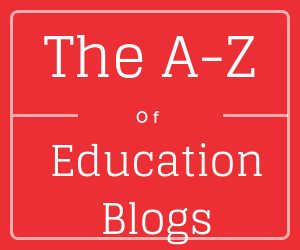Why Is Financial Aid So Complicated?

The process of applying for financial requires tax returns, an internet connection, and an intimate knowledge of the federal government and FAFSA that no one but the policy wonks who designed it seem to have. And the government keeps it that way so it doesn’t have to tackle bigger issues like the economic and social problems that prevent Americans from reaching higher education.
In case you haven’t filled out a FAFSA form recently, the paper allocation includes over 100 questions and dozens of pages of directions. If you’re filling it out online, the system uses responses to automatically determine what questions you need to answer. But you’re also dealing with a website that is far from user-friendly, uses ‘you’ and ‘your’ to refer to parents and students interchangeably, and even logging on can be a pain because of the confusing terminology.
More importantly, filling out FAFSA doesn’t tell you what you qualify for until you’ve chosen a school, leaving you in the dark even after all that work, and the vast majority of the questions contribute nothing to how aid is targeted.
The government is aware of the unnecessary complexities of the FAFSA application. In fact, Sen. Lamar Alexander of Tennessee introduced a new act in 2015 that would make it easier for students to apply for aid through the Financial Aid Simplification and Transparency Act (FAST Act).
The act would have cut red tape and required only two questions to make aid easier to apply for and the outcomes more predictable. Unfortunately, the bill never went to a vote.
Why Keep the System Complicated?
Students are encouraged to apply for FAFSA as soon as possible to maximize the amount they receive because there’s more money to give away earlier in the application season. Being at the front of the line prevents students from reaching the counter and finding the bank has run out of money.
This is the key to understanding why FAFSA is so complicated.
There’s only so much money to be given away, and if everyone has the time, patience, and general capability of applying for financial aid, it will run out sooner. Indeed, research has shown that those most affected by the complexities of FAFSA are students with fewer resources – those who would also qualify for greater amounts of aid based on their family income.
More students applying for and being eligible for more money would put even more pressure on the resources the government is willing to make available for higher education. That would force it to tackle issues like poverty and growing income inequality, and those problems require more than cutting the number of questions on an application.
FAFSA applications are hard – and everyone, including the government, knows it. Unfortunately, college and college access are unlikely to get any easier anytime soon.






